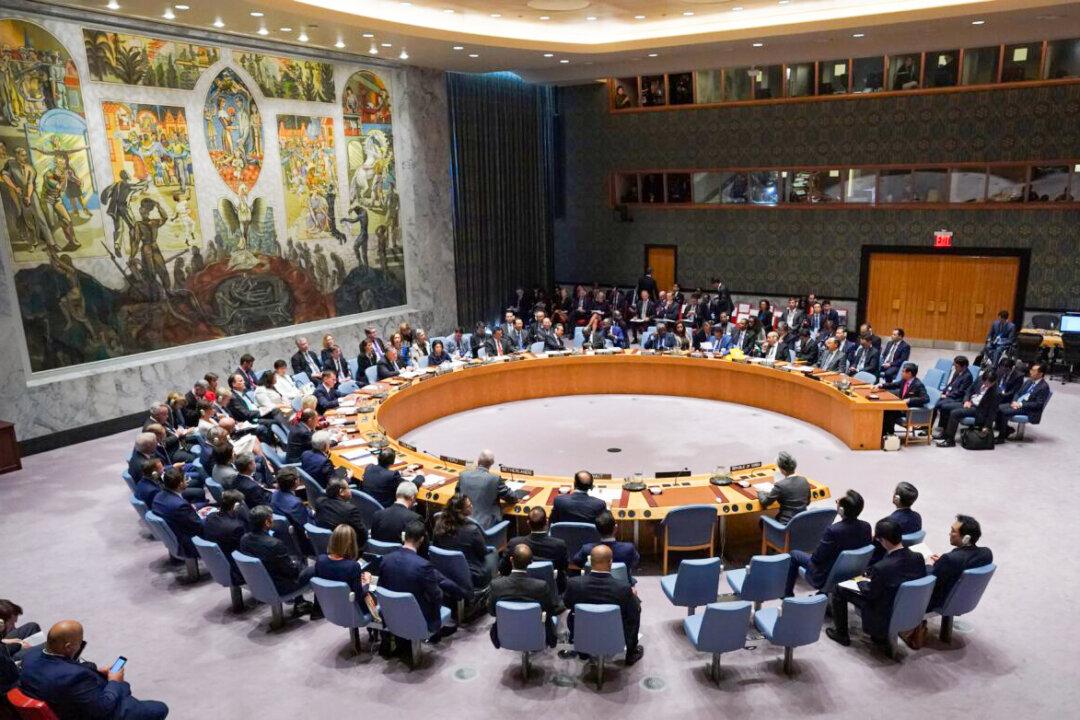Commentary
During World War II, the Axis powers—Nazi Germany, Fascist Italy, and Imperial Japan—took on the free world with impunity. Arrayed against them were the Allies—the United States, the British Empire, and most of the Western world.

During World War II, the Axis powers—Nazi Germany, Fascist Italy, and Imperial Japan—took on the free world with impunity. Arrayed against them were the Allies—the United States, the British Empire, and most of the Western world.